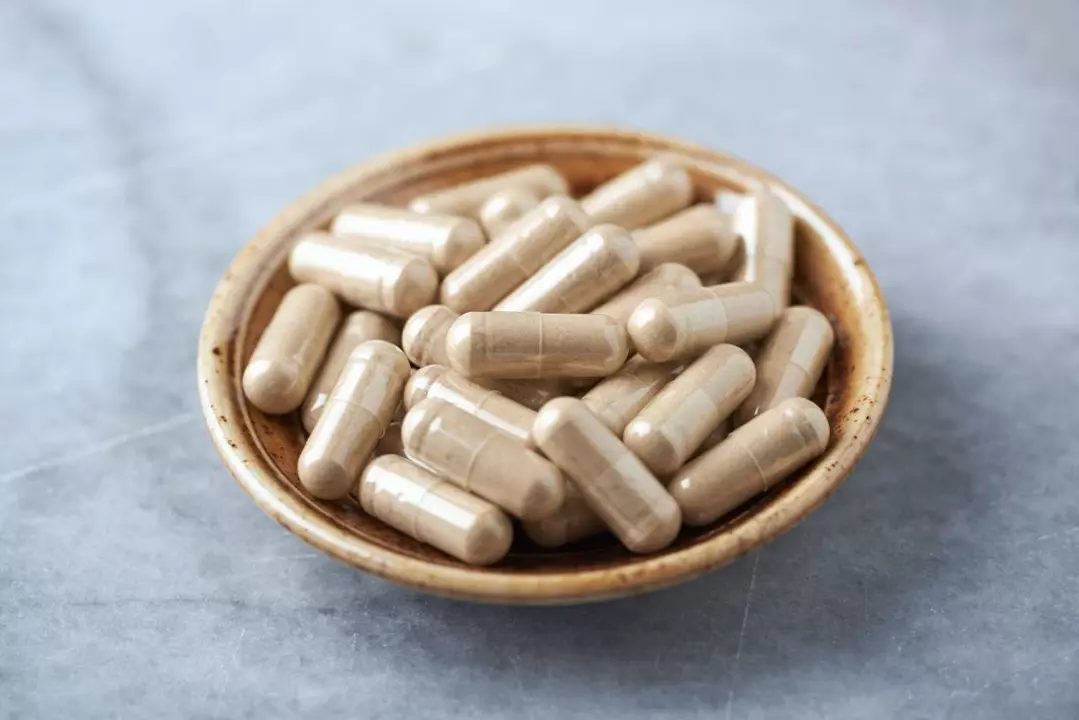Ashwagandha: What It Does, How Much to Take, and What to Watch For
Ashwagandha is an adaptogenic herb used for stress, sleep, and energy. People take it to calm anxiety, support sleep, boost recovery after workouts, or help with low mood and focus. This guide gives clear, practical advice so you can decide if it fits your routine and how to use it safely.
What the herb actually helps with
Research and real-world use point to a few reliable benefits: reduced stress and lower cortisol, better sleep quality for people with mild insomnia, and modest improvements in anxiety and fatigue. Some trials also show small gains in strength and muscle recovery when paired with resistance training. Effects aren't instant — most users notice changes in 2–8 weeks.
Not a miracle cure: if you have serious depression, panic disorder, or medical conditions, ashwagandha can help as part of a plan but doesn’t replace professional care or medications prescribed by your doctor.
How to take it, dose, and picking a product
Common doses depend on the form. For standardized extracts (most common): 300–600 mg once or twice daily of a full-spectrum extract (often labeled 5% withanolides). For powdered root, people often use 1–2 grams daily. Two branded extracts you’ll see are KSM-66 and Sensoril — both have clinical studies behind them. Look for products that list withanolide percentage or say "standardized extract."
Timing matters: take a morning dose if you want energy and focus; take it at night if you want sleep help. Some split the dose. If it upsets your stomach, try taking it with food.
Quality tips: choose third-party tested brands, avoid vague labels like "proprietary blend" without numbers, and check for contaminants. If a product claims to fix everything overnight, treat that as a red flag.
Side effects are usually mild: stomach upset, diarrhea, or sleepiness at higher doses. Rarely, people report changes in liver enzymes — stop and see a doctor if you get jaundice or severe stomach pain. Pregnant and breastfeeding people should avoid ashwagandha because of limited safety data.
Interactions to watch for: it can boost thyroid activity in some users, add to sedative effects if you take sleep meds or alcohol, and may lower blood sugar or blood pressure — so check with your doctor if you’re on meds for those issues. Also avoid combining with strong immunosuppressants without medical advice.
Practical routine: start low (300 mg extract daily), try it for 4–8 weeks, note changes in sleep, stress, and energy, then adjust. Keep records so you and your clinician can see if it’s helping. If unsure, ask your healthcare provider about combining ashwagandha with your current meds or conditions.
Ashwagandha can be a useful, low-risk tool for stress and sleep when chosen and used wisely. Treat it like any supplement: check quality, track effects, and get medical input when you’re on other medications or have health issues.
Experience the Life-Changing Benefits of Ashwagandha: The Superhero of Dietary Supplements
I recently discovered Ashwagandha, a powerful dietary supplement that has truly transformed my life in various ways. This ancient herb, known as the superhero of dietary supplements, has multiple health benefits, ranging from stress reduction to improving brain function. I've personally experienced better sleep, increased energy levels, and enhanced mental clarity since incorporating Ashwagandha into my daily routine. I highly recommend giving this incredible herb a try to experience its life-changing benefits for yourself. Trust me, you won't regret it!

